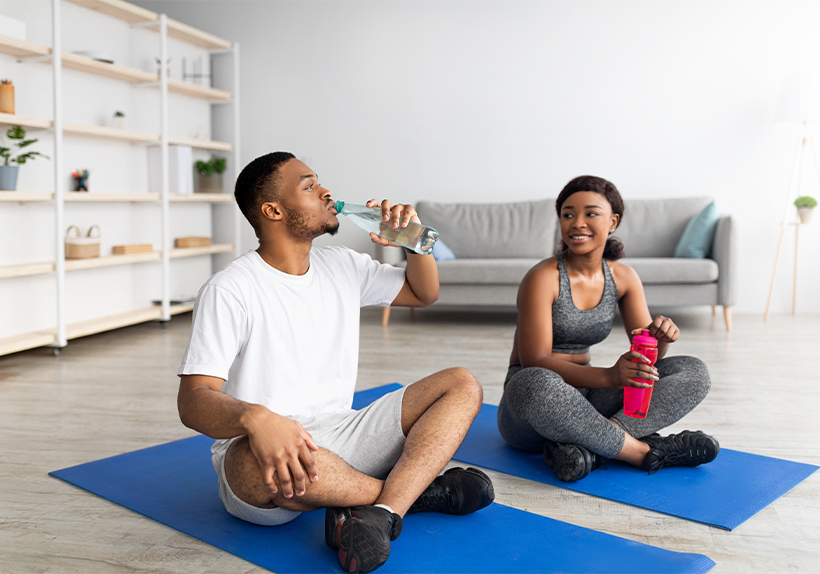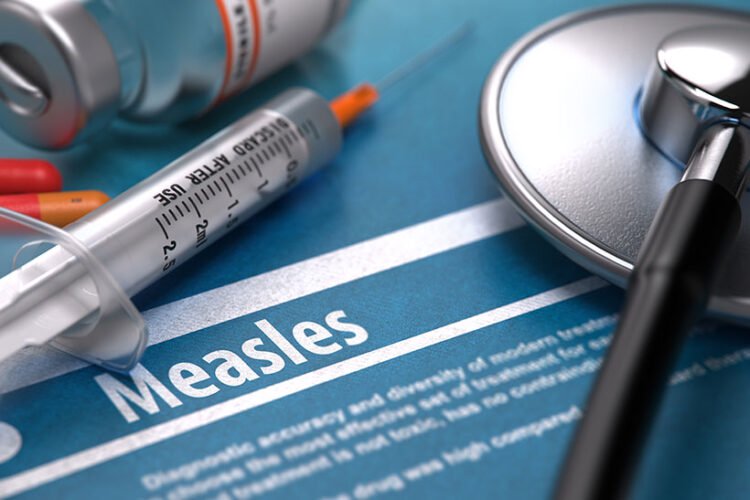The key factors in learning how to prevent dehydration include understanding what keeps us hydrated, what dehydration feels like and how to protect yourself and others.
The first things that come to mind when we think of summertime is beaches, bar-b-ques, and baseball. Yet, we must remember the climate in which these activities are enjoyed and protect ourselves by learning how to prevent dehydration. According to Healthline, water is necessary for regulating body temperature, getting rid of wastes, and lubricating our joints. We must provide our bodies with the opportunity to fight against extreme temperatures and prevent dehydration that not only causes fatigue, muscle cramps, and thirst but also electrolyte abnormalities that may be fatal for people with heart deficits, chronic kidney disease, diabetes and more.
While up to 60% of the human adult body is water, children and older adults are at a higher risk for dehydration.
What Does Dehydration Feel Like?
Sometimes being in the moment can deter our brains from registering that dehydration is coming on. It is important to know the signs and symptoms of inadequate hydration to protect ourselves and those around us to prevent dehydration. These Mayo Clinic defines the following symptoms as indicators that the body needs water:
Infant or Young Child:
- Dry mouth and tongue
- No tears when crying
- No wet diapers for three hours
- Sunken eyes, cheeks
- Sunken soft spot on top of skull
- Listlessness or irritability
Adult:
- Extreme thirst
- Less frequent urination
- Dark-colored urine
- Fatigue
- Dizziness
- Confusion
The best pointer for how to prevent dehydration is to focus on food and drinks that keep us hydrated and maintain our electrolyte balance. The following are a few tips on how to stay hydrated during the summer heat and enjoy outdoor activities.
Drink Plenty of Water
The level of water intake required to prevent dehydration varies according to individual routine, gender, age, and other conditions like pregnancy or breast feeding. The key on how to prevent dehydration is balance water intake. A good habit to create is starting the day with a glass of water. You can also drink a glass of water 30 minutes before each meal.
Avoid High Sugary Drinks & Alcohol
Alcohol is a diuretic, causing extreme dehydration, speeding up water loss by increasing urination. While indulging in a pina colada on the beach or cracking open a beer while grilling chicken, it’s important to balance your alcohol and water intake. High sugary drinks like soda water further increase urination due to the body excreting unnecessary salts and minerals.
A refreshing alternative to prevent dehydration is mint water. It is a good source of antioxidants, iron, manganese, and folate.
Indulge in Food with Higher Water Content
If water intake isn’t your vibe when trying to prevent dehydration, there are fruits and vegetables with a high water content that will awaken your taste buds. To hydrate this summer, take these on your hiking trip or any outing:
- Pineapple
- Cucumber
- Peach
- Apricot
- Oranges
- Cranberries
- Raspberries
- Grapes
- Celery
- Cantaloupe
- Strawberries
- Zucchini
- Green Cabbage
- Watermelon
A water infuser bottle allows you to make your own water, keeping you hydrated and increases your metabolic rate to help you shed pounds.
Take Shelter & Plan Accordingly
It can take a toll on your body lounging at the pool all day, having back-to-back little league baseball games or having a job that requires you to be in the elements. Steps for how to prevent dehydration include taking a break from the sun by stepping into the shade, going on a run early in the morning or planning your outing for after the sun has gone down. Wearing light colored clothing and of course, keeping water close by, helps to beat the summer heat.
When to Seek Medical Attention
Mild dehydration can be treated at home by increasing fluid intake. Moderate dehydration requires I.V. fluids administered by a hospital, while severe dehydration is a medical emergency. Untreated severe dehydration can cause seizures, permanent brain damage, and even death. Visit your nearest hospital or quick care clinic for treatment.




